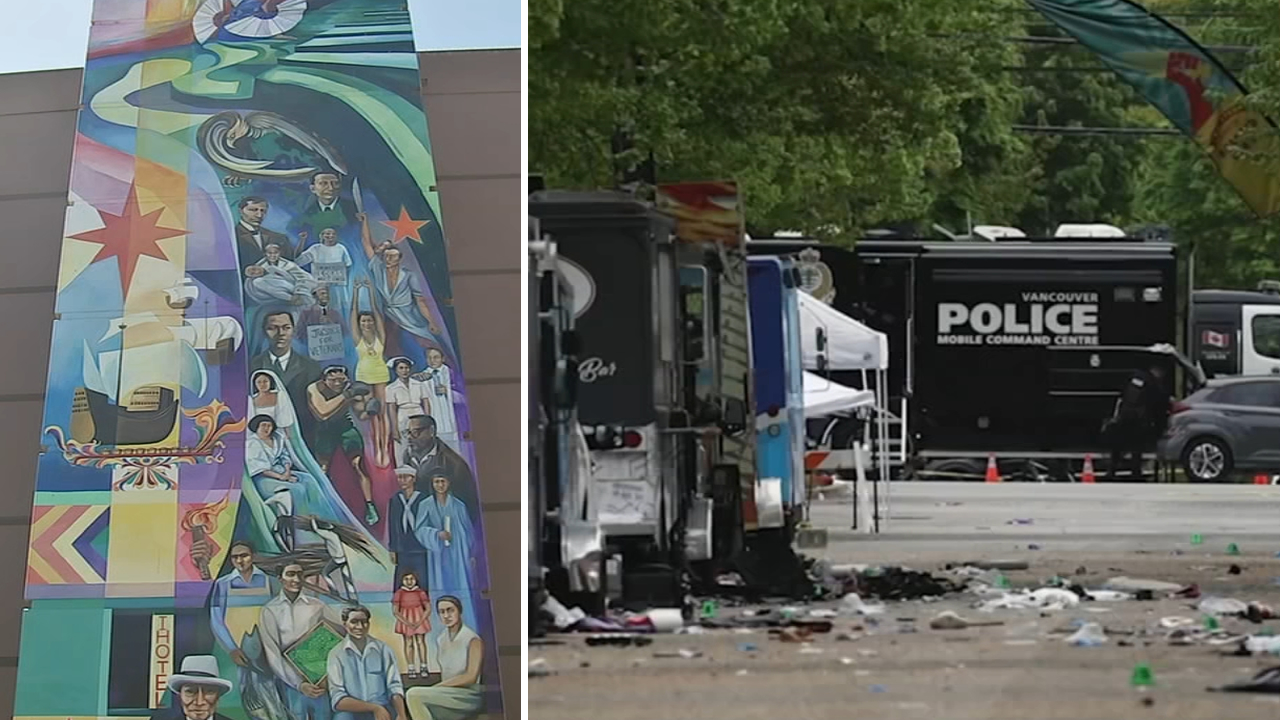Deputies on hot seat over evidence in Sierra LaMar murder trial


SAN JOSE (KGO) -- The deputies who processed key evidence in the Sierra LaMar murder case were on the hot seat as the trial entered its third day Wednesday.
Defense attorneys for 25-year-old Antolin Garcia-Torres hope to exonerate their client if mistakes were made.
The sheriff's volunteer search & rescue team did what it called a tight grid of a field where it was believed Sierra's cell phone was located. Signals coming from the phone enabled technicians to triangulate its location, based on its distance from cell towers. The phone was found a day later, wet and muddy from rain. The deputy who logged it into evidence explained how he took it apart and air dried it with an electric fan in an effort to preserve the phone's contents.
That was the start of a series of questions by prosecutor David Boyd over how deputies used latex gloves and procedures to preserve the integrity of evidence.
The defense attorney for Antolin Garcia-Torres, who is charged with murdering Sierra, accused deputies and the county's crime lab of contaminating DNA from evidence that prosecutors say will link Garcia-Torres to the crime.
Legal analyst Steven Clark says that is influencing the prosecutor to assure the jury that protocol was followed.
"Jurors have heard about mistakes that have been made in prosecutions because of mishandling of evidence, particularly DNA evidence, and if they, this jury feels that the evidence wasn't handled right, that's going to hurt the prosecution case," Clark said.
As part of that process, a deputy explained how he would change latex gloves each time he touched contents of a bag that contained Sierra's sweatshirt, jeans, and school books.
It's anticipated that a host of experts will take the stand in the weeks ahead to talk about DNA and the risks of contamination. A key witness is expected to be Sierra's mother Marlene - the last person to see the 15 year old.









